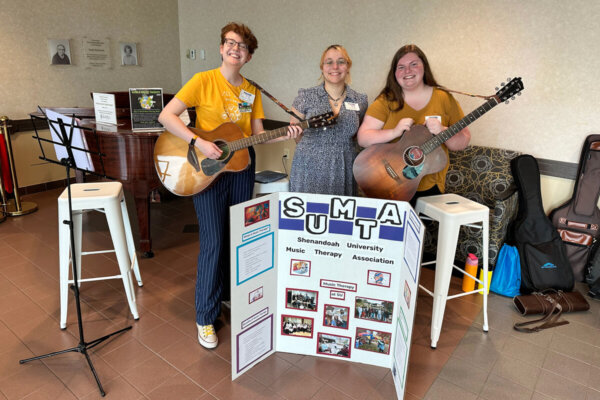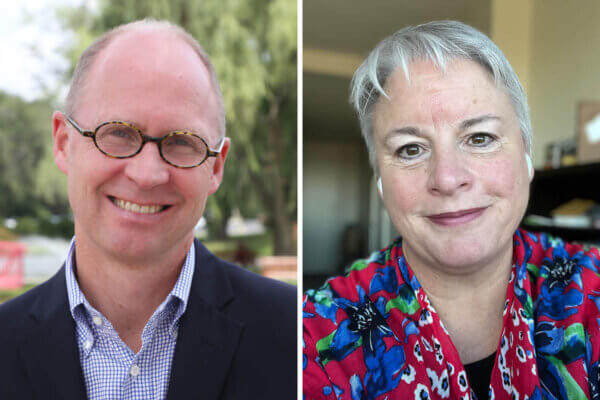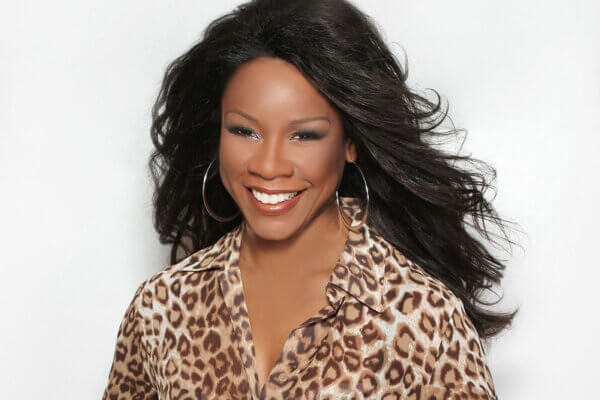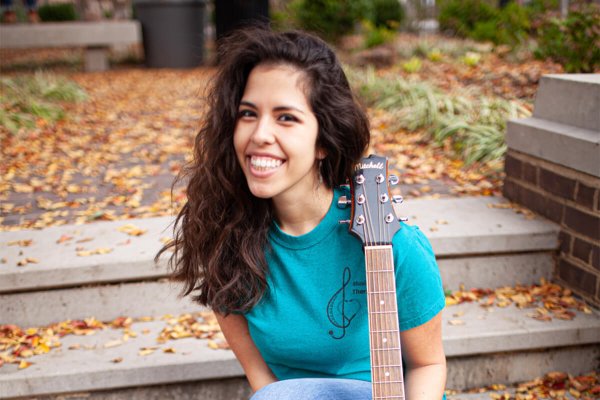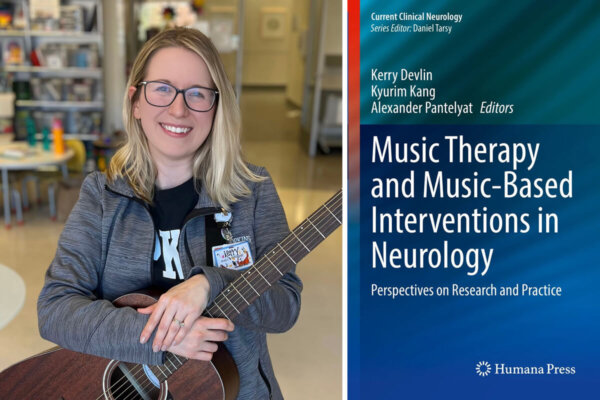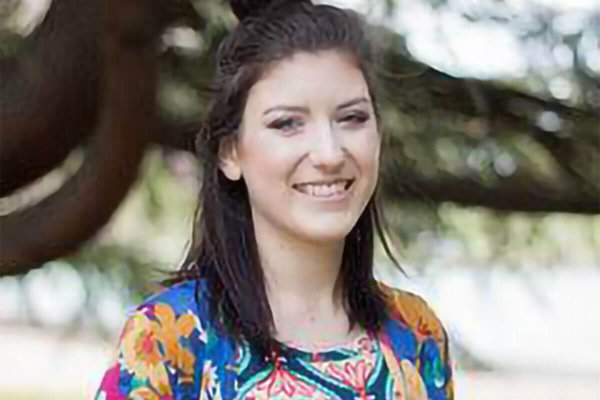THIS PROGRAM IS CURRENTLY CLOSED.
The Master of Music in Music Therapy (MMT) Program Prepares You for Advanced Clinical Practice.
The two-year, 34-credit Master of Music Therapy degree provides advanced theoretical, clinical and musical knowledge and skills for those who already have the MT-BC credential and wish to advance their clinical practice knowledge, while developing skills as a researcher. Students complete coursework in intensive weekend retreats, with ongoing mentorship from faculty, allowing them to continue their work as a music therapist without interruption.
By enriching your current clinical practice through a focus on clinical improvisation, receptive music skills, resource development and verbal skills, students gain new insights into their existing practice, including knowledge and skills that deepen practice.
In addition, by offering courses that expand your knowledge of private practice, reimbursement and billing, you will learn about the business of music therapy to consider new settings and practices that develop your professional goals.
Mentorship and a dynamic learning experience are central to this process. Our faculty combine over three decades of clinical experience, with their unique perspectives and practices, to provide you with an educational experience tailored to your learning needs.
Master of Music Therapy Program Overview
The music therapy program at Shenandoah University is one of only two programs in the state of Virginia, and our 42-year old program is a hub for music therapy activity in the community.
As a working professional, we understand your need to balance your studies with your professional life. All courses are taught in intensive retreats (typically 4 each semester) that allow you continue working. We work to directly apply the knowledge you develop in the classroom into your clinical work, through supervision and practical assignments.
We also seek interdisciplinary collaborations. This includes interdisciplinary research seminars in the Conservatory, and case collaborations with the graduate nursing program as part of our expanding relationship with the health sciences.
Graduate Assistantships
Students applying to the MMT program are eligible to apply for a graduate assistantship. Each assistantship provides partial tuition remission, along with a small stipend for each semester the student holds the assistantship. In addition to the financial benefits of an assistantship, students have the opportunity to:
- Teach music therapy classes, under the supervision of music therapy faculty
- Assist in the development of courses, through dialogue and feedback with course faculty
- Mentor students in the Professional Studies Certification program
- Develop supervisory skills through the direct supervision of undergraduate and Professional Studies Certification students, in both academic and clinical settings.
For more information about graduate assistantships, please contact Dr. Meadows ameadows2@su.edu
Career & Salary Possibilities
The American Music Therapy Association (AMTA) provides annual salary data for music therapists, updated each year and available online for review (www.musictherapy.org). In their 2015 analysis, the average salary from professionals with a Bachelor’s degree was $46,740.00. Music therapists with a Master’s degree earned, on average, $55,019.00. The average music therapy salary in Virginia is $52,263.00.
| Highest Level of Education | Number | Average Salary | Median Salary | Salary Mode | Salary Range |
| Bachelor’s Degree | 311 | $46,740 | $42,000 | $40,000 | $10,000-$420,000 |
| Master’s Degree | 308 | $55,019 | $50,000 | $40,000 | $12,000-$375,000 |
| Doctorate Degree | 64 | $81,617 | $70,000 | $100,000 | $45,000-$180,000 |
Music therapists continue to work in a wide range of settings, with diverse groups of clients, including geriatric facilities (15%), medical settings (14%), mental health settings (12%), private practice (12%) and children’s facilities/schools (11%). 26% of music therapists are now business owners.
Shenandoah Conservatory has changed my life. Decades ago I completed my undergraduate degree in psychology because I didn’t have either the courage or the vision to make my life all about my greatest passion —music. For more than 30 years I’ve been a choir director in the a cappella Barbershop harmony style and found deep satisfaction working with older adults. When we learned that my first child was on the autism spectrum I became aware of the field of music therapy and became a parent advocate in our local school system. Then the faculty of the Music Therapy department at Shenandoah Conservatory inspired me to change the course of my life. With their guidance I’ve become a board-certified music therapist and am completing my Master of Music Therapy degree. Through the strong ties the conservatory has with the Winchester community, I was given the opportunity to pursue research in the use of therapeutic choir singing to improve the vocal function of people with Parkinson’s disease. The music therapy profession is broad and dynamic; our training at Shenandoah affords us the opportunity to work with, for example, children and adults with disabilities, older adults, veterans, at-risk youth, and people recovering from traumatic brain injuries. From the start, my faculty advisors got to know me, tailored a plan to suit me, and invested themselves in seeing me thrive. Now I’ve started my own practice, New Leaf Music Therapy, and look forward to a future full of possibilities.”
—Richard Lewellen, Master of Music Therapy ’15
Classes
Like music therapy itself, our program emphasizes discovery, in which you learn more about yourself, your strengths, and areas for development. We place a strong emphasis on mentorship, and our advanced supervision opportunities provide you with the individual attention needed to deepen your understanding of yourself, music, and the therapeutic process.
Classes are small, and built around dialogue. While new concepts and materials are always introduced and developed in our classes, experiential learning, discussion and debate occur across the curriculum.
For example, in MUTH 616 Contemporary Improvisational Practices, students worked on a variety of improvisational methods and techniques through experiential exercises and classroom demonstrations, integrating this directly into clinical practice through classroom assignments. After completing the assignment, students report on the session, offering a video (when ethically permitted) or audio analysis for discussion and feedback.
Faculty
The Music Therapy program has three full-time faculty, four part-time faculty, and number of guest speakers.
Dr. Tony Meadows, MT-BC, LPC, FAMI, is Director Graduate Studies, advises all gradate students, and teaches the majority of the MMT program. He is a GIM Fellow, completing Analytical Music Therapy training, and has more than 20 years clinical experience. Dr. Meadows has published extensively in the field.
Dr. Bronwen Landless, Ph.D., MT-BC, has more than a decade of experience working in adolescent mental health, which she has expanded into a community music therapy model for people experiencing homelessness. Bronwen has presented at national and international conferences and she serves as the North America Regional Liaison for the World Federation of Music Therapy.
Dr. Hakeem Leonard, MT-BC, teaches in both the undergraduate and graduate programs, and has worked with a wide variety of clients. He has specific expertise in music therapy business practices, and multicultural awareness.
Tony Meadows
Director of Music Therapy Studies; Coordinator of Graduate Music Therapy; Associate Professor, Music Therapy
Full BiographyApplication & Audition Information
Admission to Shenandoah Conservatory graduate programs is highly competitive and the audition schedule fills rapidly. Early application and audition registration is recommended.
Conservatory Graduate Application Information
Applicants must have a Bachelor’s Degree in music therapy or creative arts therapy with a minimum grade point average of 3.0 (on a 4.0 scale), Music Therapy Board Certification (MT-BC), and one year of full-time clinical experience, or equivalent.
After applying, you must arrange an audition by emailing Dr. Meadows at ameadows2@su.edu. In order to be admitted into the graduate music therapy program, you must be admitted into the Shenandoah Conservatory and pass the audition/interview.
The audition is one hour and divided into two parts. In the first part, you perform one piece on your primary instrument (that reflects your skills) and a total of four songs on piano and guitar (two each), in which you sing and play. Choose a range of styles that reflect your interests and skills, including children’s songs, pop, folk, show, jazz, blues and “oldies.”
In the second part of the audition, you will be asked a range of questions about your interest in music therapy, your background experiences, goals and general knowledge of the field. You will also be given the opportunity to ask questions about the program.
Please note that the piece you perform on your primary instrument should reflect your musical training. Typically, this means performing a piece from your undergraduate studies (and/or current training), from either the classical or jazz tradition. This piece does not need to be memorized, and for vocalists, an accompanist is not provided. Vocalists may bring an accompanist, a recording to provide accompaniment, or sing acapella.
Scheduling An Audition
Auditions can be arranged in one of two ways. For applicants who live close to campus, auditions are scheduled on campus during the week, or selective weekends in the spring semester. Typically, students will meet with Dr Meadows in Ruebush 216, in the main conservatory building. On-campus parking is free, and generally readily available. Students living more than 150 miles from campus can elect a Skype interview. These are arranged directly with Dr Meadows, and can be scheduled most days of the week, pending availability.
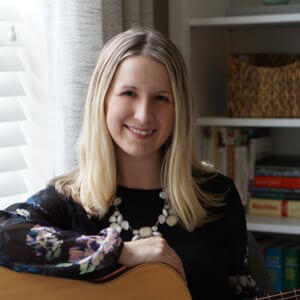
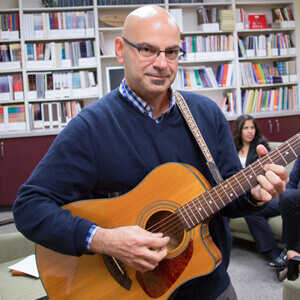 Ray Leone ’86, ’17, M.M.T., MT-BC
Ray Leone ’86, ’17, M.M.T., MT-BC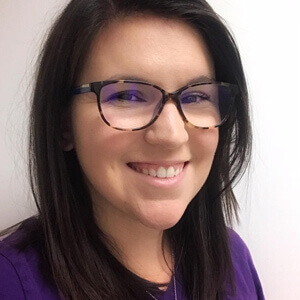 Lelia Emery ’18, M.M.T., MT-BC
Lelia Emery ’18, M.M.T., MT-BC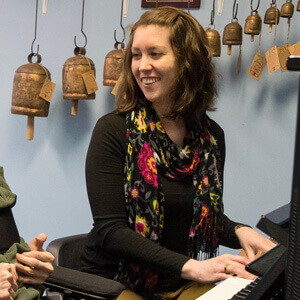 Allison (Echard) Terrell ’14, ’18, M.M.T., MT-BC
Allison (Echard) Terrell ’14, ’18, M.M.T., MT-BC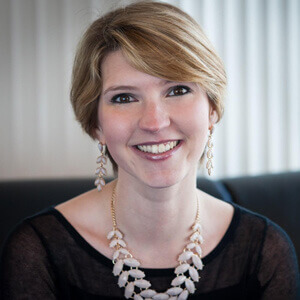 Johanna Horn ’19, M.M.T., MT-BC
Johanna Horn ’19, M.M.T., MT-BC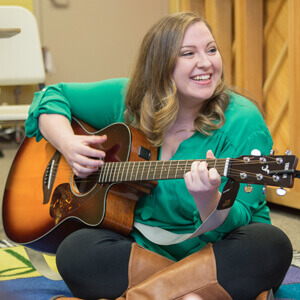 Valerie Jackson ’12, ’16, ’19, M.M.T., MT-BC
Valerie Jackson ’12, ’16, ’19, M.M.T., MT-BC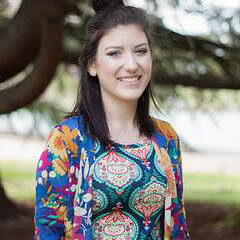 Cassie Byers ’19, M.M.T., MT-BC
Cassie Byers ’19, M.M.T., MT-BC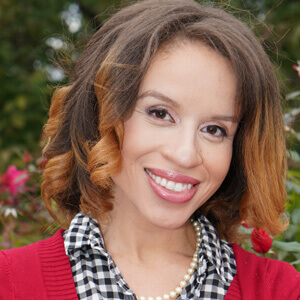 Shana Oshiro ’13, ’21, M.M.T., MT-BC
Shana Oshiro ’13, ’21, M.M.T., MT-BC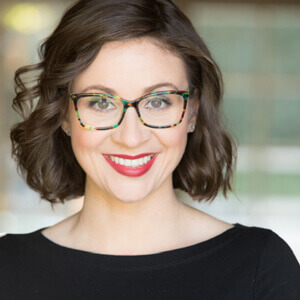 Martina Bingham ’18, D.M.A.
Martina Bingham ’18, D.M.A.